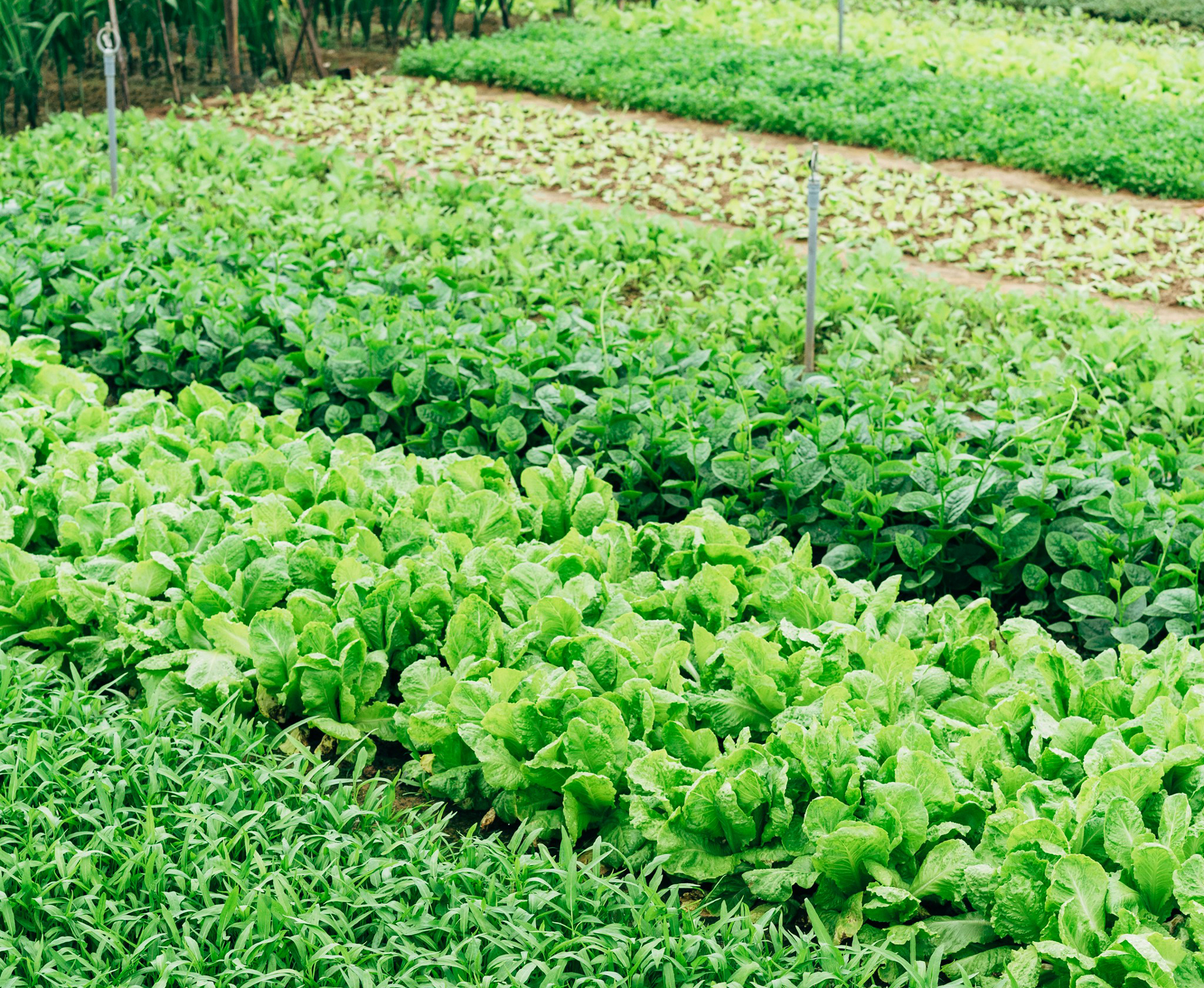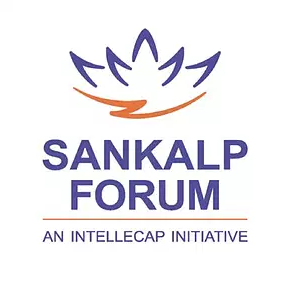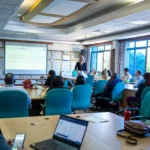

As our planet confronts escalating environmental crises, the imperative to rethink our approach to food production has never been more urgent. How do we sustainably nourish a growing global populace while preserving our dwindling natural resources? Can agriculture become a force for mitigating climate change rather than exacerbating it?
Regenerative Agriculture offers a transformative answer. It represents a seismic shift from conventional farming methods, promising to minimize water and input usage while combating land degradation and deforestation. In doing so, it not only safeguards soil health and biodiversity but also uplifts farmer livelihoods—all while mitigating the adverse impacts of climate change.
Yet, amid these lofty ambitions, questions persist. Can regenerative agriculture truly meet the world’s nutritional needs? And how do we scale these practices to benefit smallholder farmers in remote rural areas?
Recently, at the Sankalp Africa Summit 2024, a spotlight shone on the trailblazers driving the regenerative agriculture movement across the continent. These visionary entrepreneurs showcased their models, sharing insights into the challenges, opportunities, and lessons learned along the way. Through their stories, we catch a glimpse of the potential for regenerative agriculture to revolutionize our food systems.
From the heart of Africa to the halls of innovation, DOEN brought a compelling showcase to the Sankalp Africa Summit 2024, illustrating how regenerative agriculture could pave the path towards a more sustainable and resilient future for all.
DOEN’s Commitment to Regenerative Agriculture
DOEN is a pioneer in building a regenerative economy. Through strategic initiatives, DOEN supports entrepreneurs and initiatives focused on landscape restoration, regenerative agriculture, and the circular economy. By championing innovative business models and citizen collectives, DOEN aims to catalyze the transition towards a regenerative economy, ensuring a brighter tomorrow for generations to come.
Innovators at Sankalp Africa Summit
The Sankalp Africa Summit showcased a diverse array of innovators spearheading the regenerative agriculture revolution:
Enviu – Arpana Philip: Enviu collaborates with partners to initiate long-term entrepreneurial programs aimed at disrupting and transforming broken value chains. By incubating multiple companies within dysfunctional markets, Enviu drives systemic change towards regenerative models.
HDI – Charles Mokaya: HDI focuses on developing sustainable and resilient rural agriculture communities by empowering smallholder farmers. From primary production to processing and marketing, HDI provides holistic support to farmers, fostering sustainability.
Trianon Spices – Omary Tumba: Trianon Spices facilitates the transition towards regenerative agriculture, supporting farmers in producing high-quality, ethical products. By embracing holistic farming practices, Trianon Spices aims to rejuvenate agroecosystems and enhance biodiversity.
Regen 360 – Dr. Chip Stem: Regen 360 envisions scaling regenerative agriculture and grazing practices in Kenya to combat climate change and bolster farmer profits. By harnessing soil biology and natural processes, Regen 360 seeks to revolutionize agricultural practices.
Grounded – Renée Engelsman: Grounded endeavors to build a regenerative food system that rewards producers fairly and restores the land. By partnering with agri-processing companies, Grounded leverages its position in the value chain to drive tangible impact on the ground.
Bridging Gaps for Regenerative Agriculture
While the showcased models offer promise, several gaps hinder widespread adoption:
- Economies of Scale: Achieving scalability remains a challenge for regenerative agriculture models, necessitating further investment and innovation. Including change in government policies and fair pricing.
- Mindset Shift: Overcoming entrenched mindsets, particularly among rural and smallholder farmers, is crucial for the adoption of regenerative practices.
- Indigenous Knowledge: Acknowledging and integrating local and indigenous knowledge is paramount in steering the transition to regenerative agriculture.
- Community Involvement: Ensuring 100% community involvement is essential for successfully introducing regenerative agriculture models among smallholder farmers.
Regenerative agriculture holds immense promise in addressing the pressing challenges of food security, climate change, and biodiversity loss. With support from visionary organizations like DOEN and the relentless dedication of innovative entrepreneurs, the journey towards a regenerative future is well underway. Let us join hands in bridging gaps, fostering collaboration, and amplifying local wisdom as we pave the way for a more sustainable and resilient agricultural ecosystem. Together, we can create a brighter future for generations to come.
If you are a frontrunner entrepreneur and wish to seek support from DOEN, please see www.doen.nl/en
If you believe in the power of regenerative agriculture and wish to host similar conversations, please reach out to parita.shah@intellecap.net




